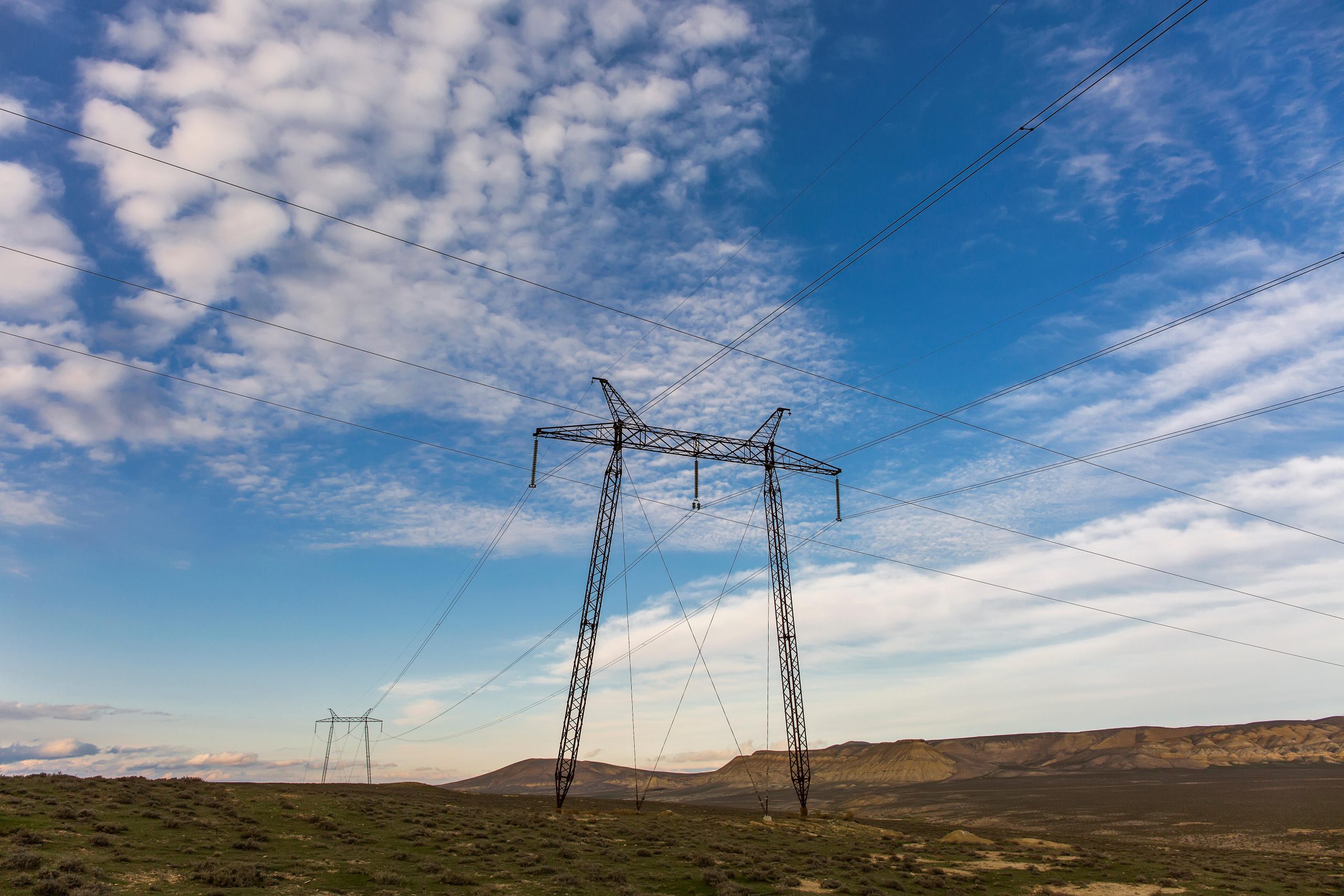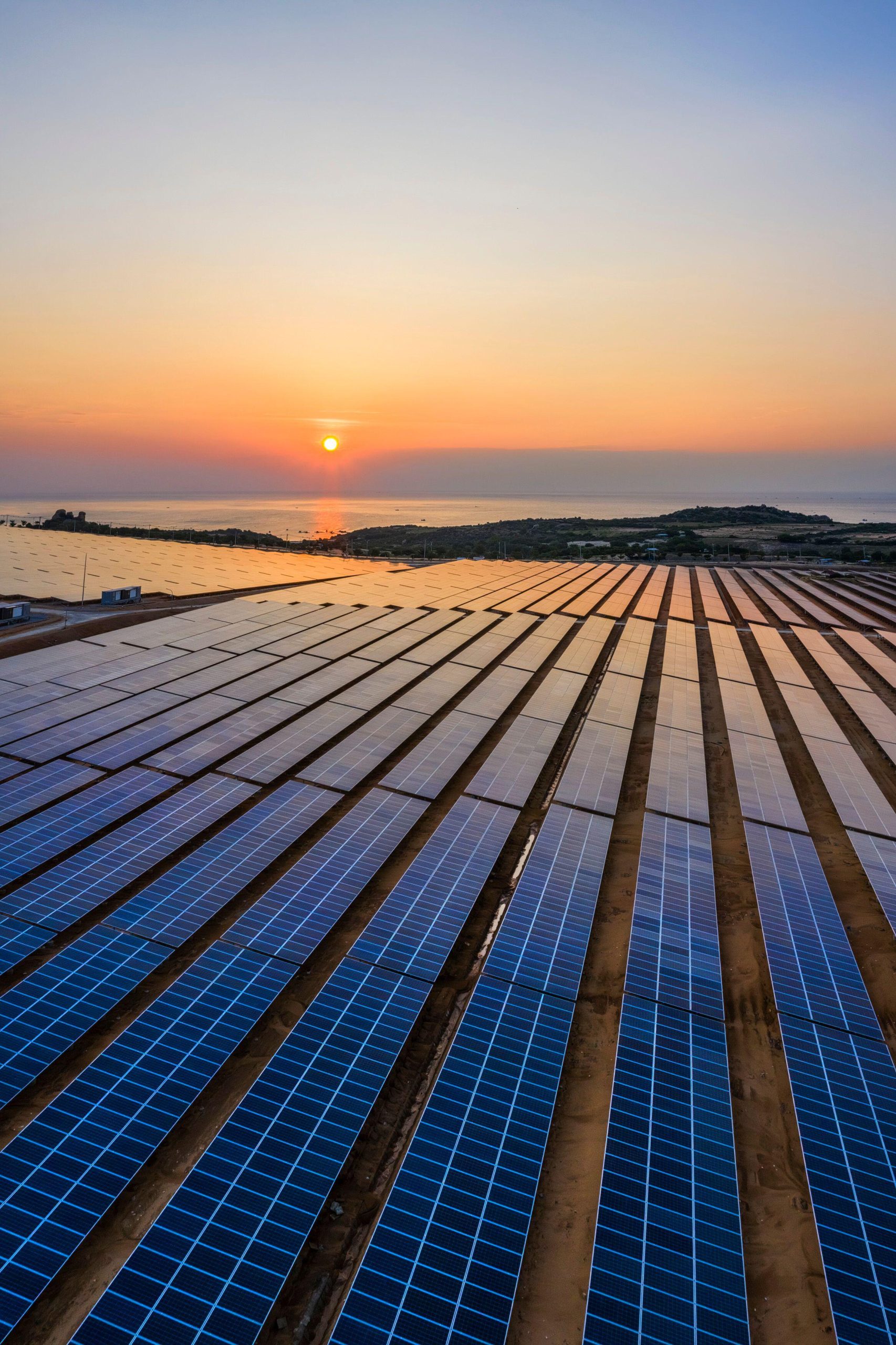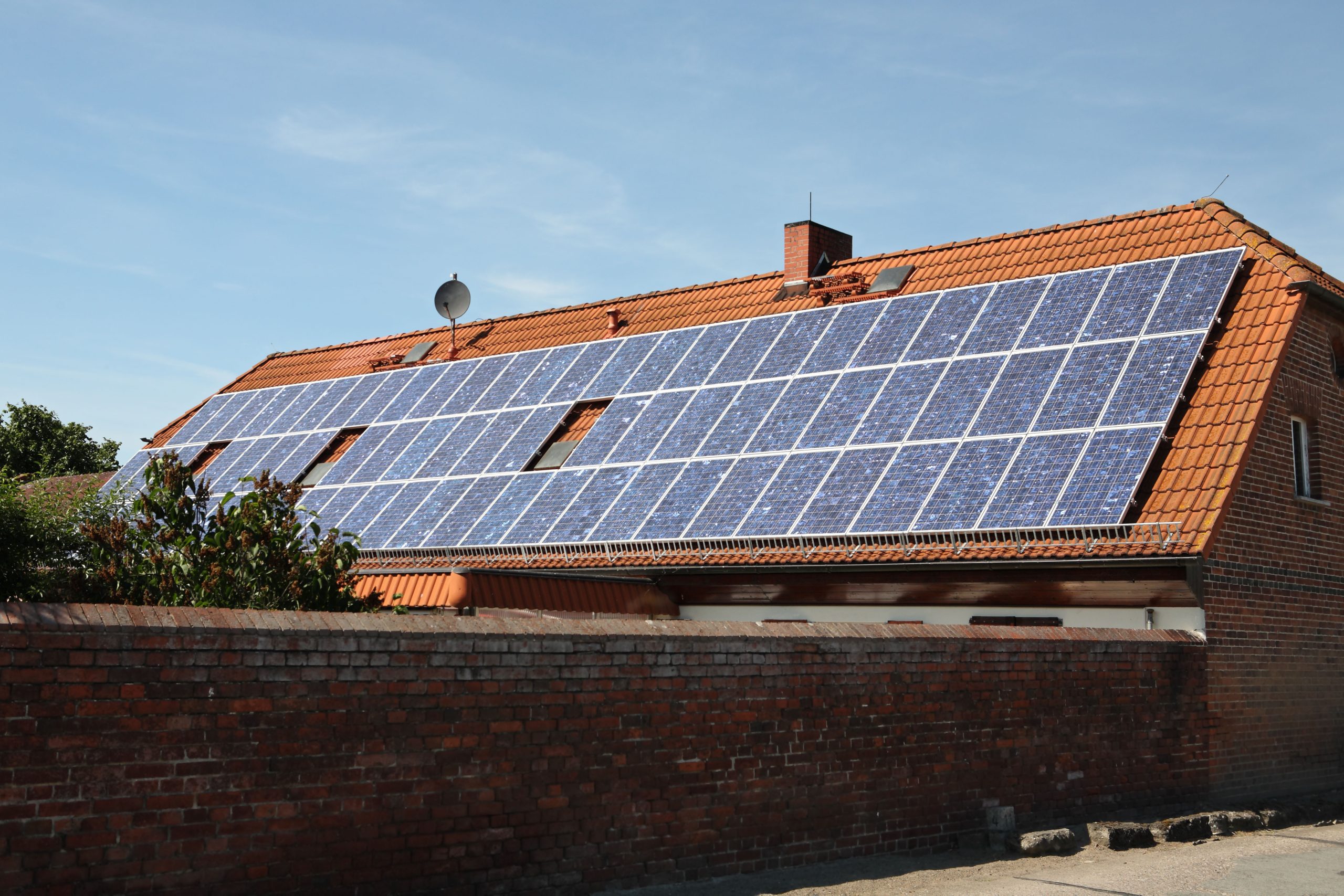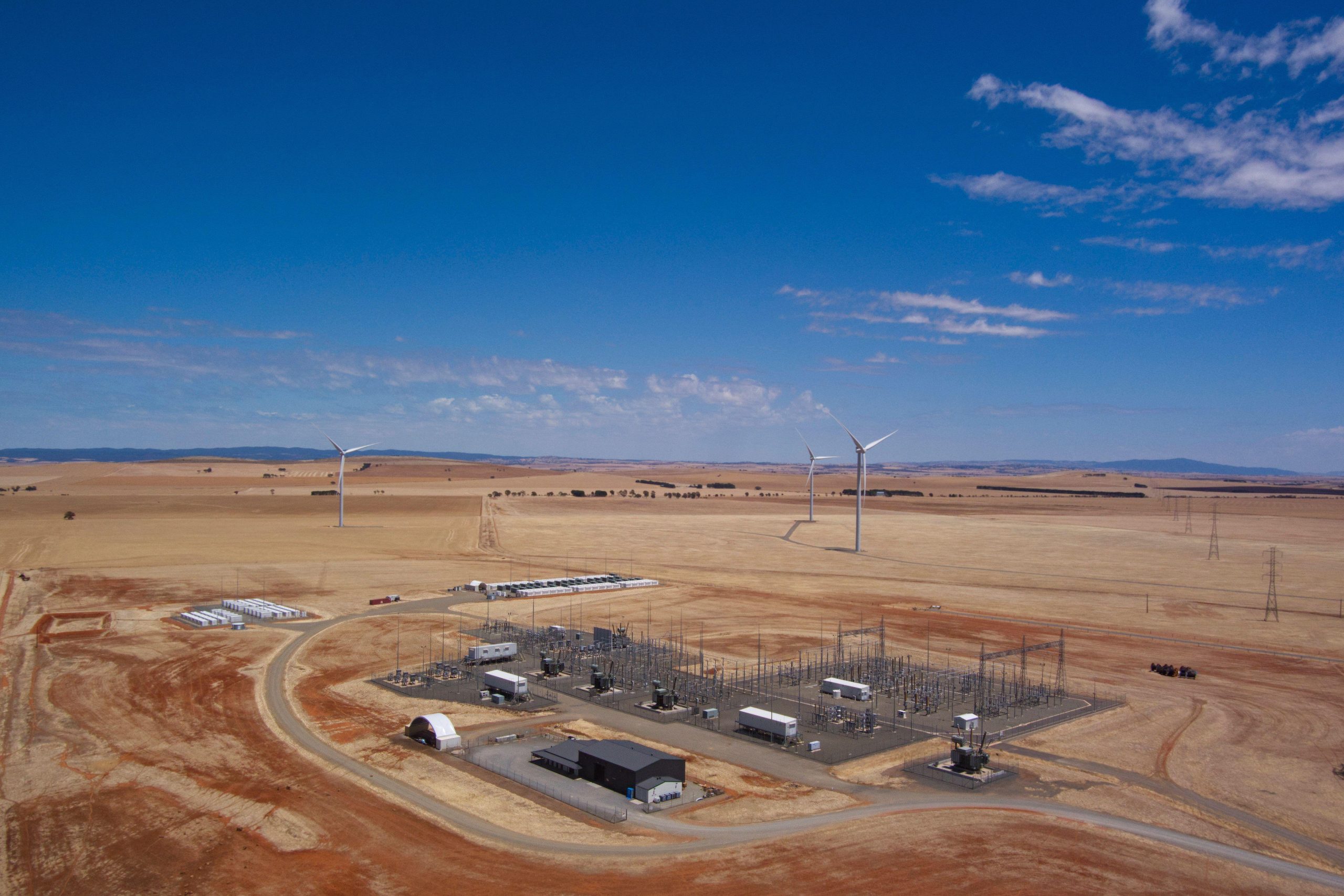Conclusion
2022 – a turning point in the electricity transition
The electricity sector is not yet seeing the emissions declines needed for 1.5C, but change is coming fast.
Emissions rose in 2022 where they should be falling fast. For emissions to fall, first the increase in demand must be met by clean electricity sources. Then clean sources must continue to grow to replace fossil fuels and bring emissions down. Although this didn’t happen last year, there are strong signs that 2022 was a turning point in the global electricity transition. If that’s the case, then 2022 could be the all-time peak of power sector emissions.
Following the energy crisis and security of supply concerns due to the Russian invasion of Ukraine, many governments rethought their dependency on fossil fuels. This shift could have a lasting and fundamental impact on the pace of energy transition globally. Wind and solar are being prioritised not only because they are clean, but also because in many countries they are cheaper and more secure than fossil fuels. Investment in low carbon energy technology surpassed $1 trillion in 2022—for the first time matching the investment in fossil fuels. This is a good sign but investment must triple by the end of this decade to put the world on track for 1.5C.
Much remains to be done to build on the momentum of wind and solar growth. Lowering permitting times and solving grid connection bottlenecks are parts of the solution. Increasing financing in the clean electricity sector will also be crucial, with help from historic emitters to developing nations that can help them to transition from coal to clean.
Acting now brings the most benefits. Investing in renewables will rapidly pay for itself with cheaper electricity. Moreover, securing clean electricity decades ahead of net zero will unlock the most affordable and effective pathways to economy-wide decarbonisation.
However, the electricity transition is not yet accelerating at the pace required to avoid the worst effects of the climate crisis.
There is so much to gain if we succeed, but even more to lose if we fail.
Related Content




